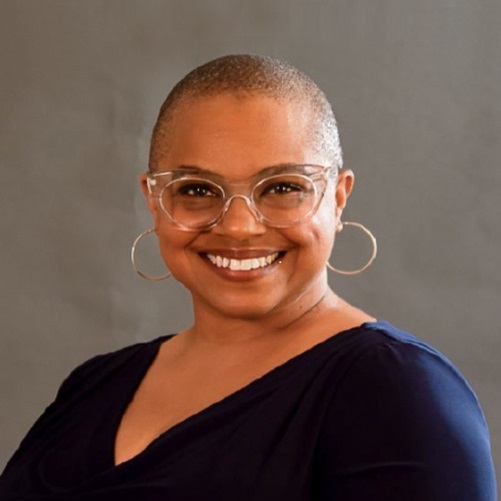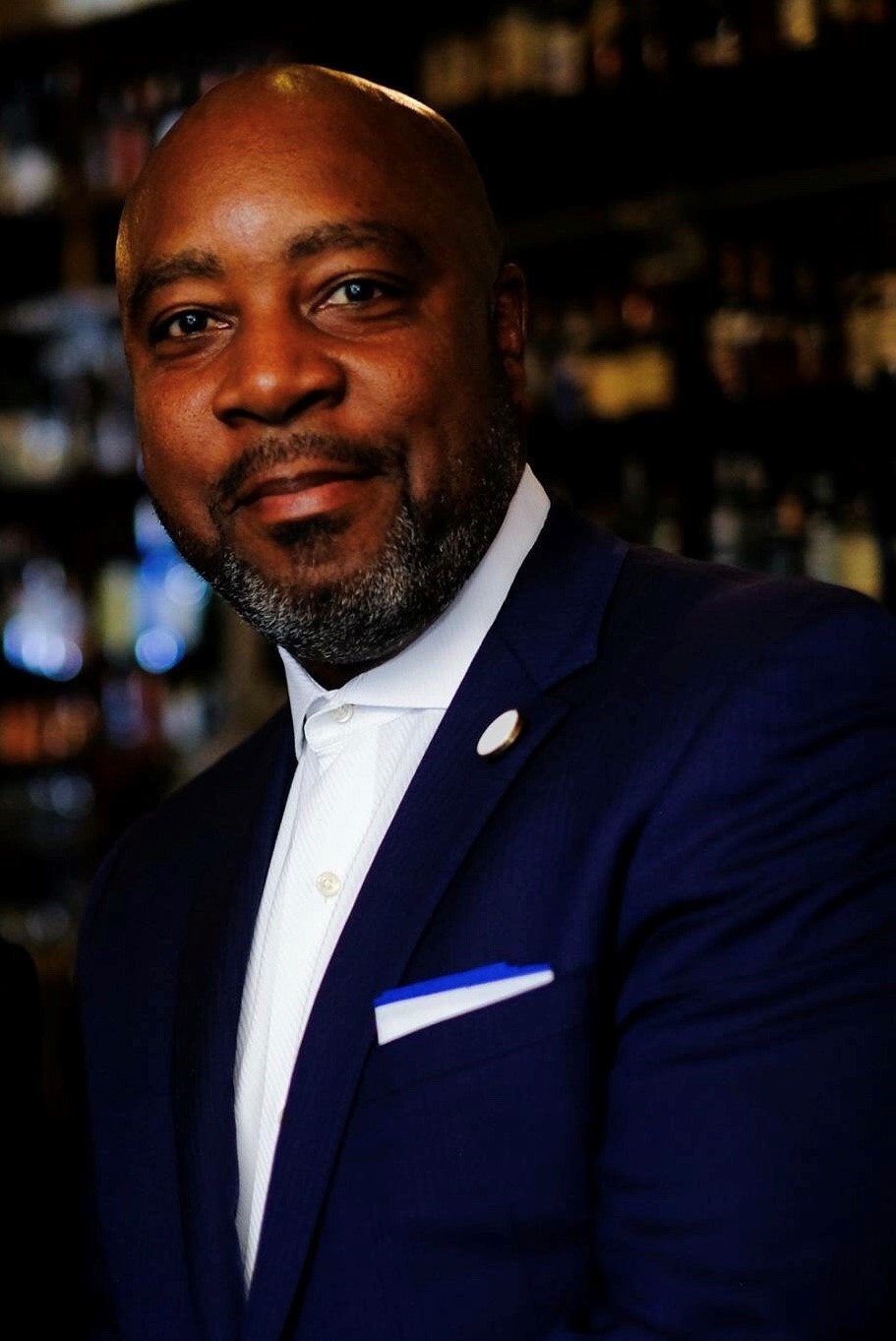Next month’s Spring HR Tech is the result of the hard work and vision of Jeanne Achille, who—for those who don’t know—is one of the great behind-the-scenes people of our industry.
Some time back, she founded and began organizing the Women in HR Tech summit at the annual fall HR Technology conference. Over the years, she delivered finesse and substance to the content. The event is a showcase for the brilliant women who are the heart of our work.
 This year, Achille is tackling the entire Spring HR Tech event, an online conference set for March 16-19. Her extensive network, experience, listening and talent for knowing exactly what we need to learn and hear is what made the Women in HR Tech project so successful. And you can see the extent of her influence in the keynote lineup for the spring.
This year, Achille is tackling the entire Spring HR Tech event, an online conference set for March 16-19. Her extensive network, experience, listening and talent for knowing exactly what we need to learn and hear is what made the Women in HR Tech project so successful. And you can see the extent of her influence in the keynote lineup for the spring.
She has a special ability to discover voices that are not always heard. She finds the people who are making a difference with real problems, who bring unique perspectives and practical insights on issues that matter.
This year more than ever, we are seeing the effects of systemic bias in our culture, organizations, technology and industry. Bias-plagued AI offerings continue to discriminate while claiming to be cleansed with math. The EEOC’s four-fifths standard for disparate impact effectively allows discrimination 20% of the time, so this is the “gold standard” for bias-free offerings—two out of 10 people will continue to be discriminated against.
Then there is the data being used that contains the centuries of biases we see in our world—concerning race, class, gender, religion, sexuality and any other framing of “us versus them.” Combine this with tech companies that are often monocultures, blind to most of the issues. Diverse ideas and perspectives are simply not a part of the design and execution process.
Click HERE to register for Spring HR Tech.
Meanwhile, the HR industry is one of the few places where women and people of color have made progress and hold leadership positions. The CHRO’s desk is a rare crack in the glass ceiling that separates the established hierarchy from the people who work there. There are no other professions that are so open to career success for diverse voices.
This year, we will hear from some of the people who both understand the problems and have the experience and insight to tackle them. Here are just a few of them:
Jackye Clayton

Jackye Clayton
A successful recruiter by profession, Jackye Clayton uses her technical skills and insights to help the industry better recognize and address bias and discrimination. Clayton, who currently drives diversity and inclusion into the SeekOut application, built a career working a variety of angles in the industry. She understands both tech and bias and is committed to walking the walk.
From her home in Waco, Texas, Clayton is an active participant in the local nonprofit world. As a Black woman, she knows that some prejudice comes from a lack of exposure. By joining these organizations that help others, she helps normalize seeing talented, successful, smart and kind Black women in her community. This is how she spends some of her free time. She puts her diversity and inclusion values to the test in the real world.
At work, Clayton understands that recruiting is a profession that changes with the times. Unlike most of HR, recruiting is market-facing. It’s where people come from when they are new to the company.
Her keynote presentation at Spring HR Tech will be a deep look at the meaning and execution of diversity recruiting. As things evolved over the past five years, the time-honored dodges (like recruiting from historically Black colleges) are less and less effective. New tools and deeper initiatives are required to bring contemporary organizations the range of talent and insight to keep the company relevant.
She’s been at the tip of the spear in the development of recruiting technology, working on this question for many years. Expect to be enlightened and inspired by her talk.
Torin Ellis

Torin Ellis
Recruiting is a great place to see exactly how the power flows. A recruiter focused on improving diversity quickly learns to distinguish between words and actions. Starting with simple metrics like comparing attrition in diverse groups to the rest of the operation, a diversity recruiter quickly becomes concerned with helping people stay and prosper.
See also: How to use AI, data to drive inclusion
This makes the diversity specialty a great place to learn how recruiting should be practiced in general. Outcomes matter. If the point is to expand and extend the organization’s congruence with the market, it only really works if the new people learn to stay and feel included. While some of that effort depends on the individual employee, there is more to be done in making the organization ready, which is the only way to see the benefits. The diversity recruiter must be more actively involved in the culture of the organization.
No one understands this more clearly than Torin Ellis.
A serial entrepreneur who blends advocacy for the underrepresented with solidly profitable enterprises, Ellis delivers a powerful vision. As the closing keynote at Spring HR Tech, you can expect a rousing and inspirational talk about increasing the spread of opportunity. His work demonstrates an understanding of the energy released when companies build diverse points of view and experience into their workforce.
When I listen to Ellis talk, the words that come to mind are force, charismatic and focused. Lars Schmidt, the author of Redefining HR, says “There aren’t many people who command an audience’s attention quite like Torin. It’s the perfect mix of authenticity, mastery of the subject matter and fire for teaching. I learn so much from him and grateful our field has his voice.”
Achille’s keynoters are not the traditional fare for a tech event. Don’t miss Jackye Clayton and Torin Ellis and their important messages.
*
Editor’s note: John Sumser will lead a panel discussion with CHROs on the topic of demands and changes facing HR leaders at Spring HR Tech. Click here to learn more about his keynote presentation.